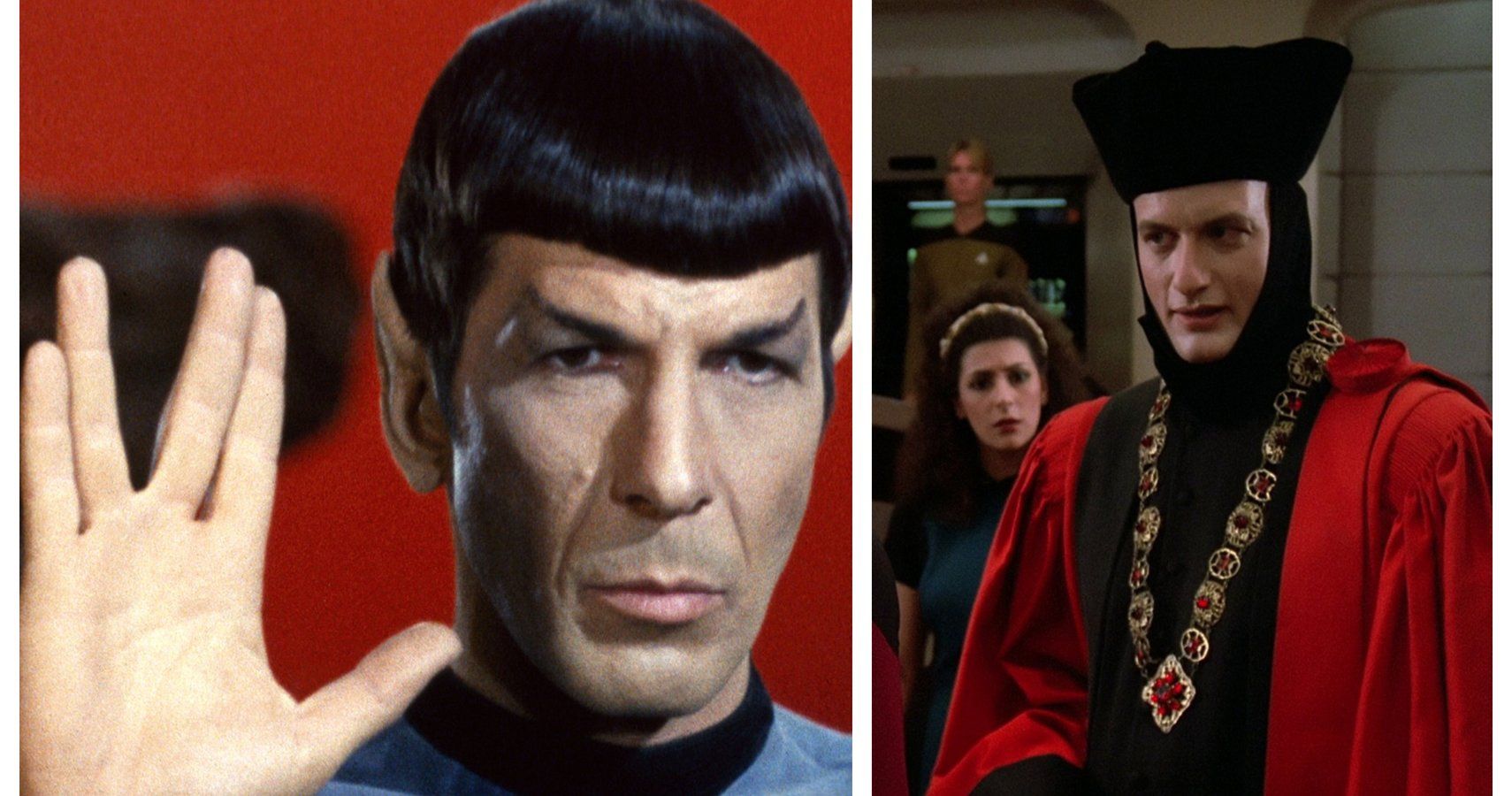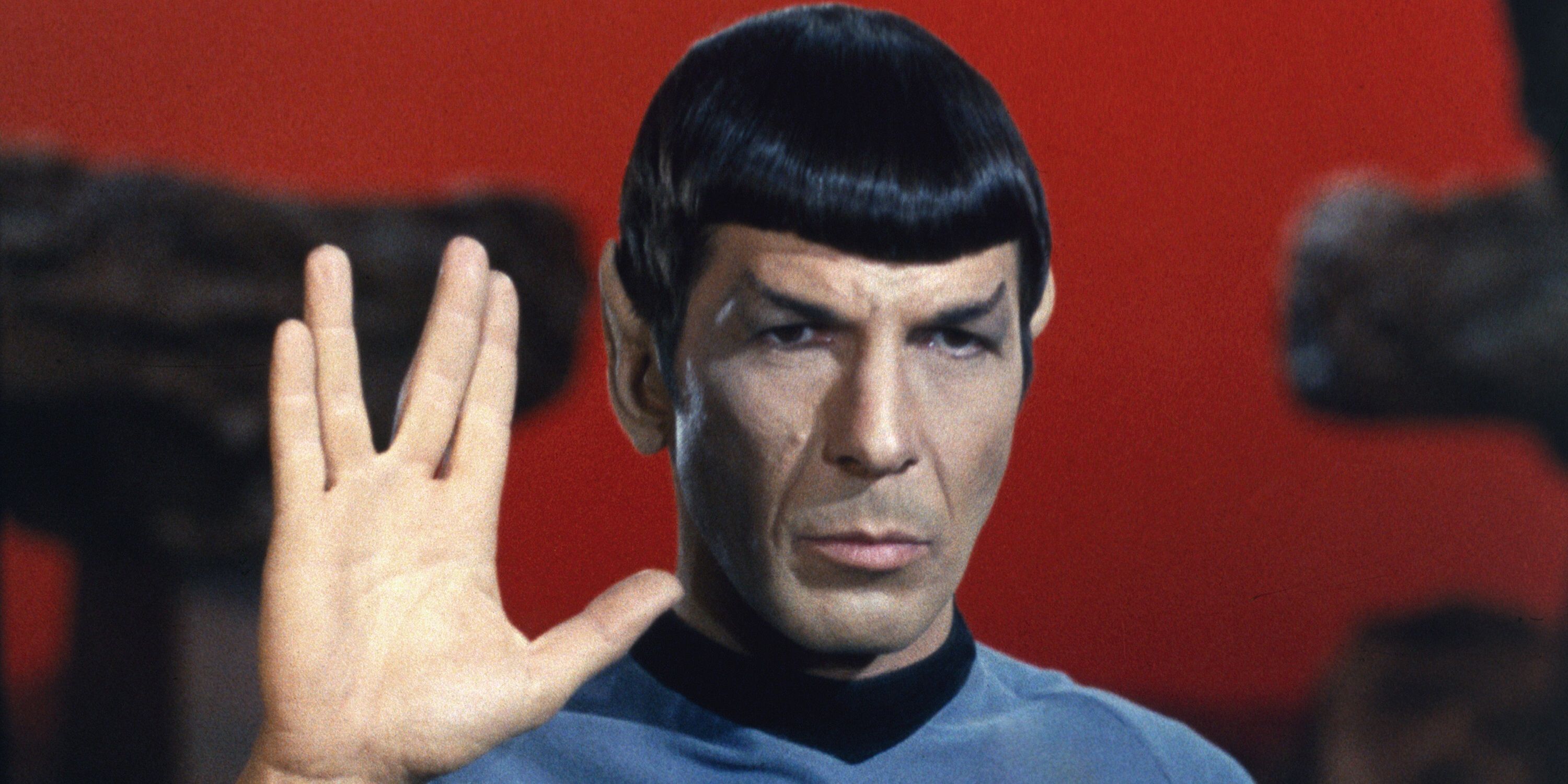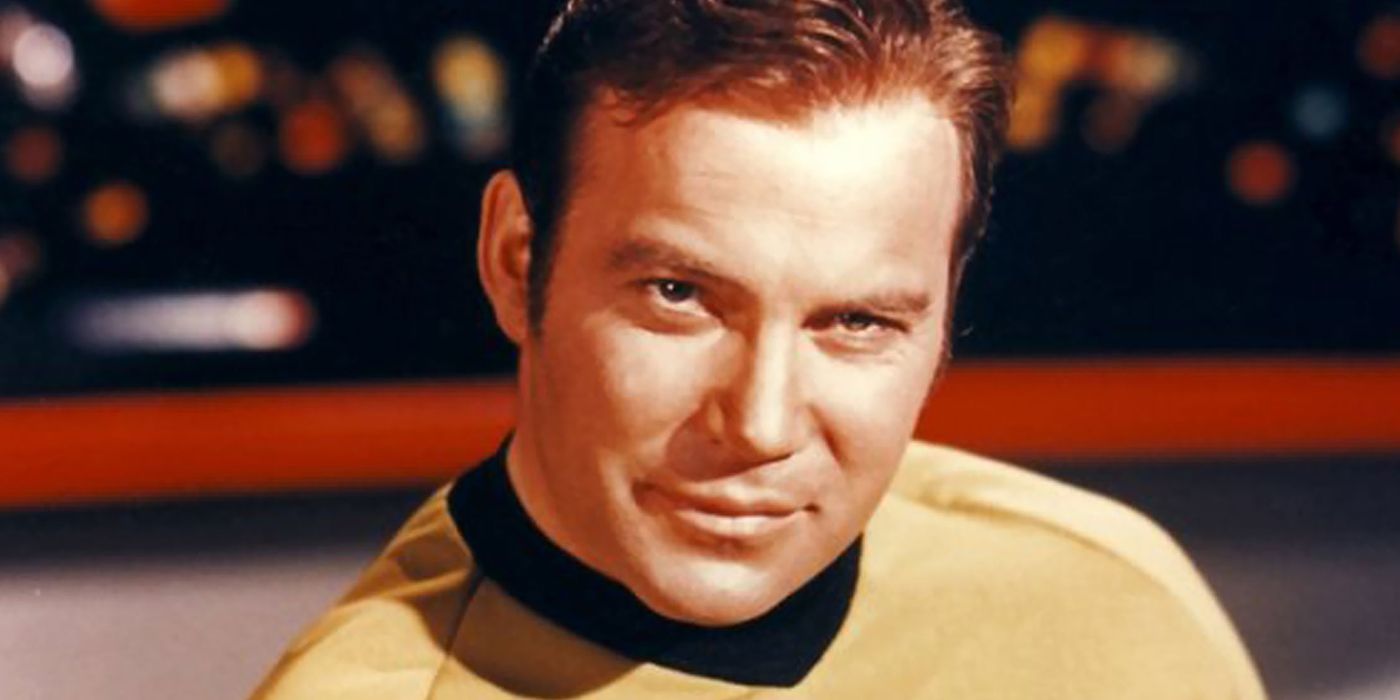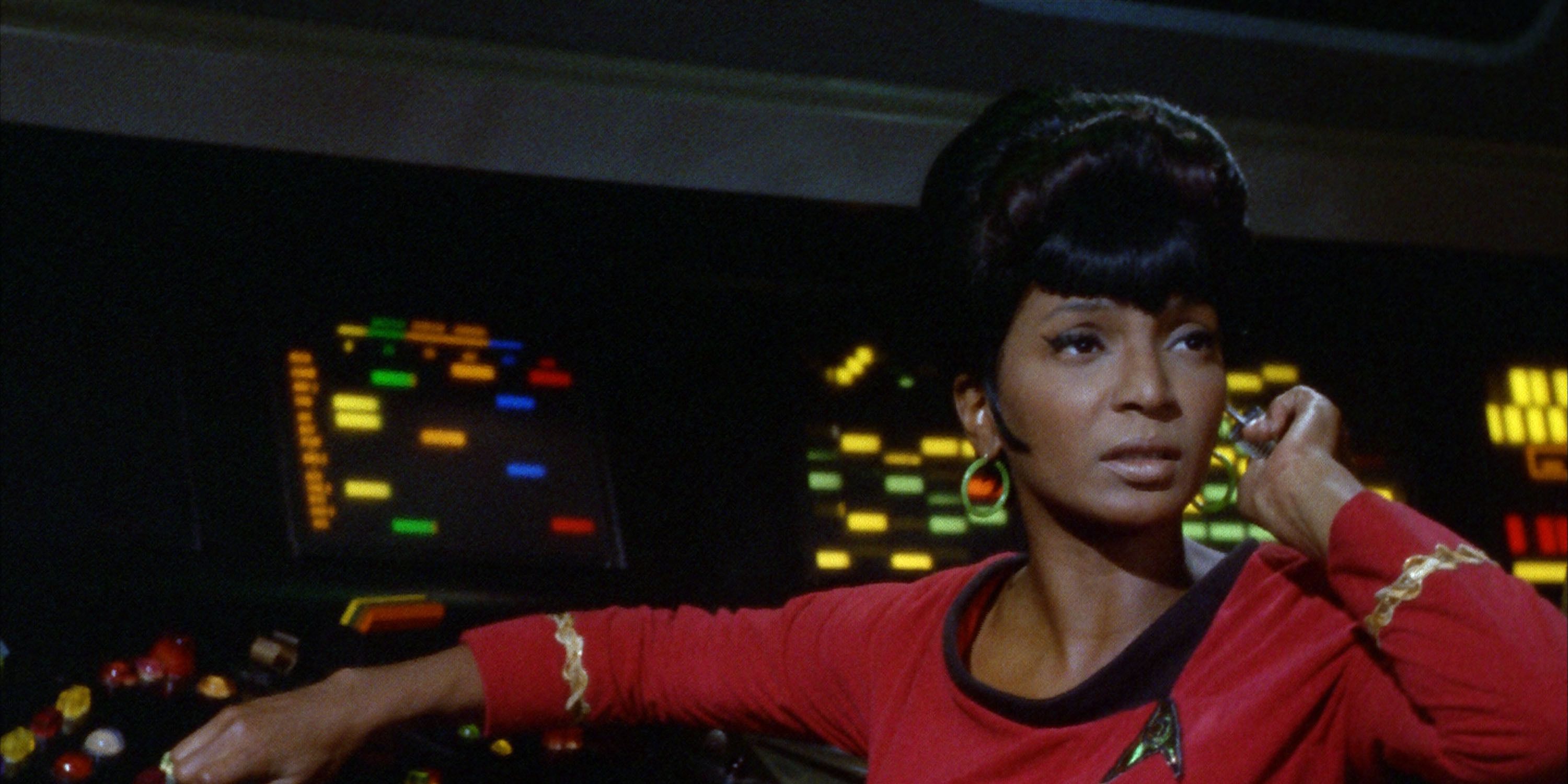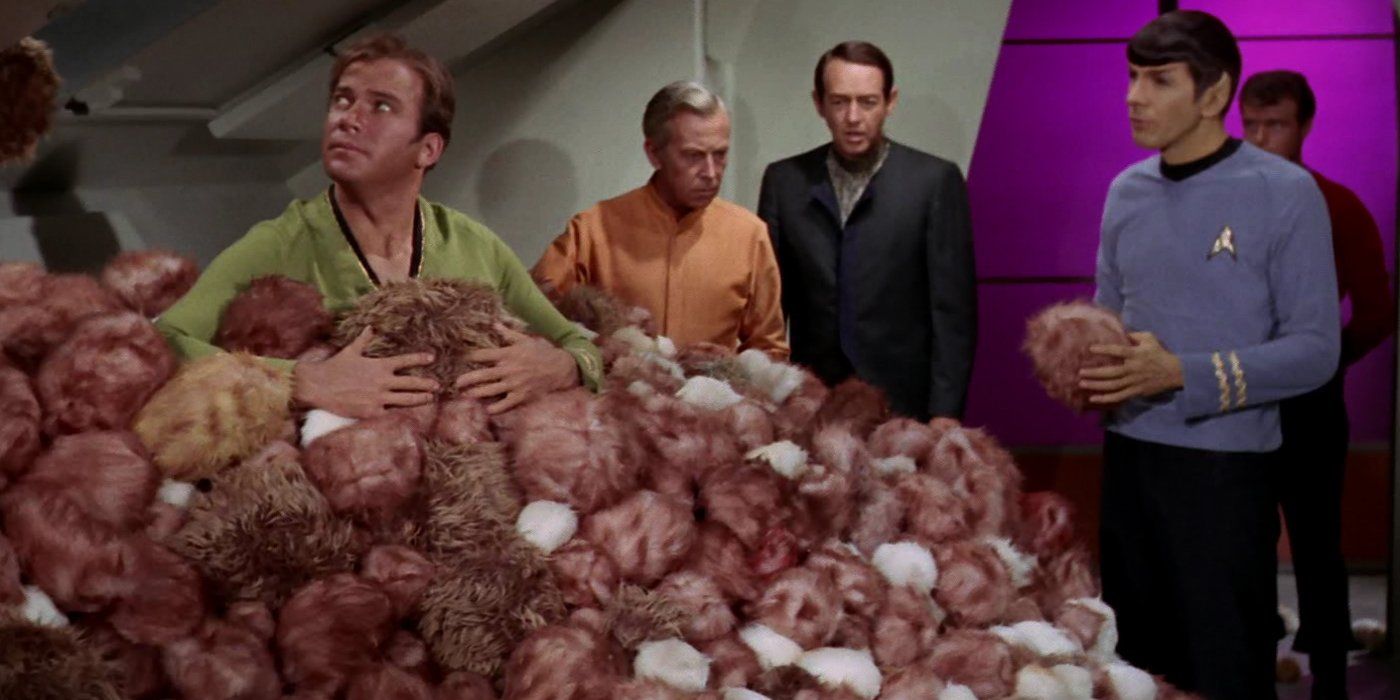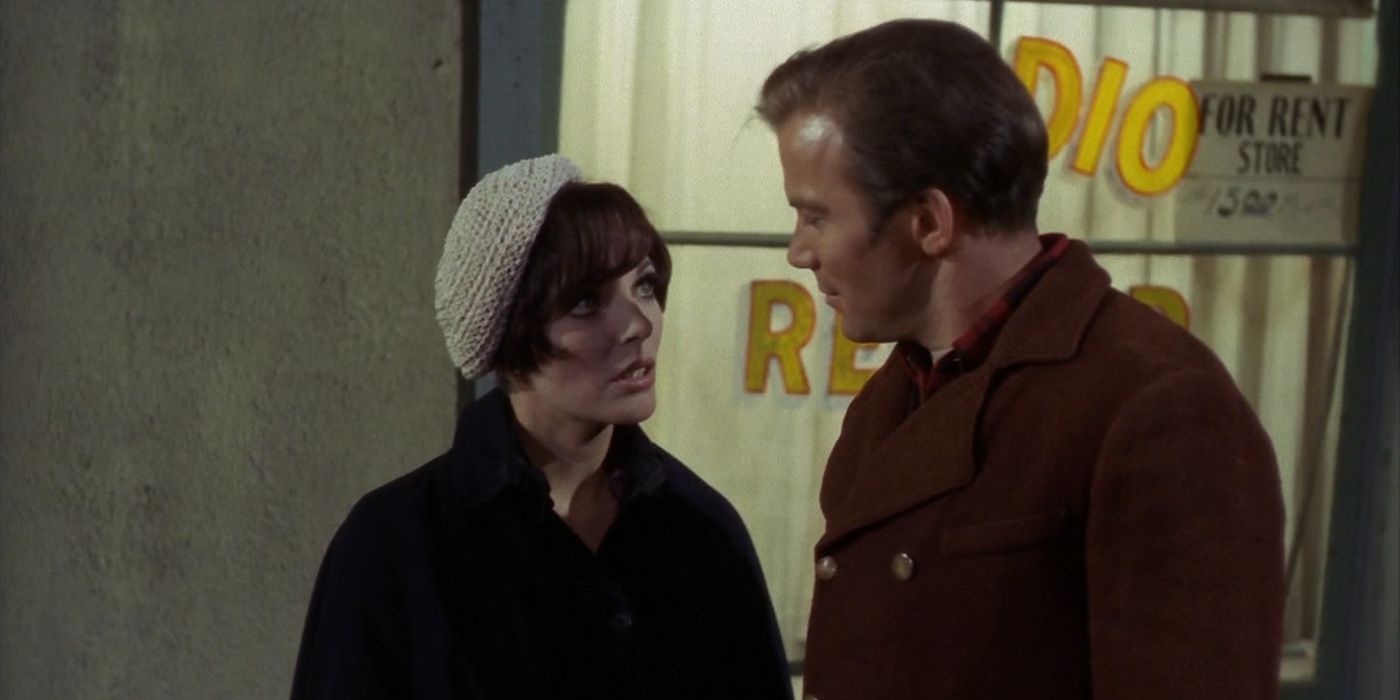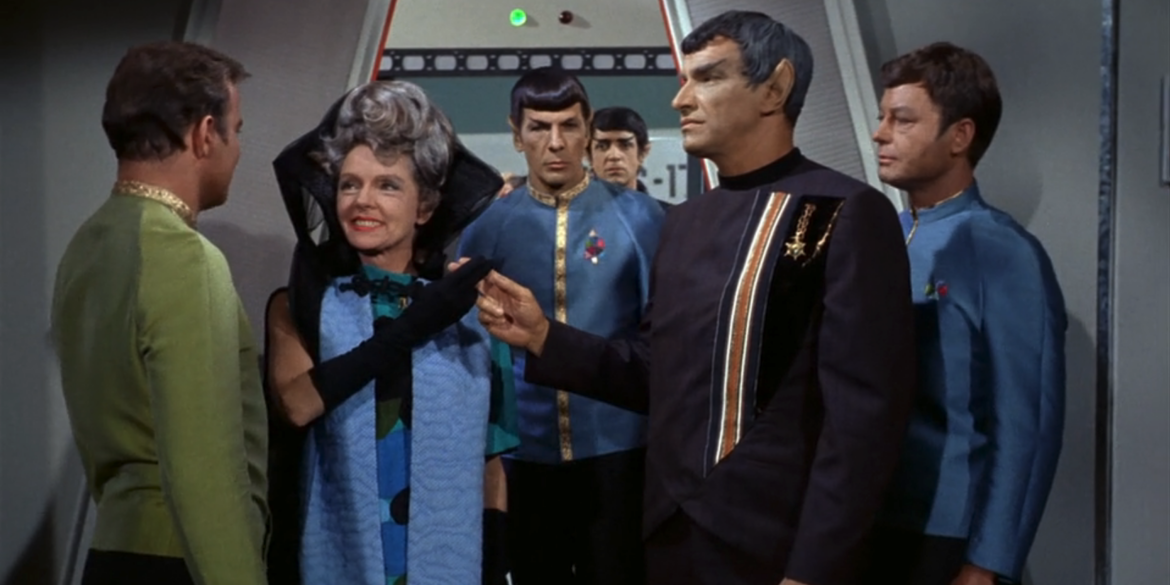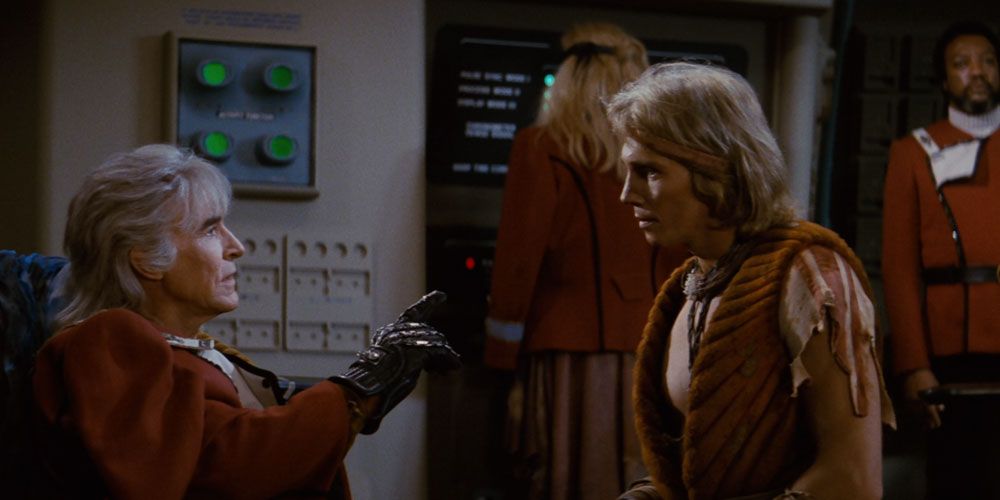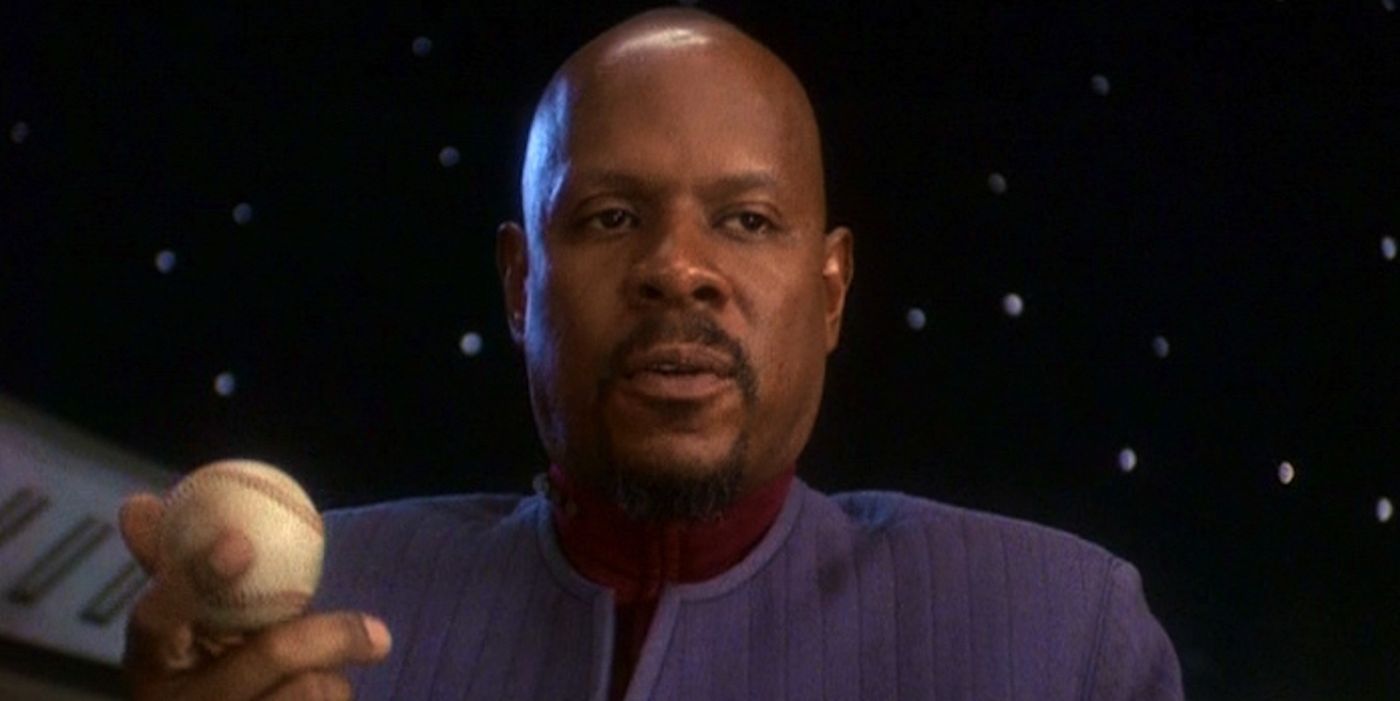There are only a few truly influential sci-fi franchises that have been around for a long time. The examples include Star Trek, Star Wars, Doctor Who, and Terminator and Alien, to name the most significant ones.
But of all of these, Star Trek was one of the first ones that gained a lot of traction since the first seasons of Doctor Who mostly went unnoticed anywhere else apart from the UK. Star Trek has become immensely popular and has millions of fans. What's more, it inspired future sci-fi stories, both in films and on TV - sometimes in a good way, sometimes in a bad one.
Better: It Had Aliens As Crew Members
Before Star Trek, aliens were mostly perceived as enemies in sci-fi movies, especially in the 1950s that often introduced aliens as cruel invaders who wanted to kill men and steal their women from them. But Star Trek did the unimaginable and had an actual alien - alright, half-alien, half-human - as a crew member! And a respected one on top of that! The newer Star Trek series then included even more crew members who were aliens but it all started with Leonard Nimoy's first officer Spock.
Worse: It Promoted Irresponsible Behavior
Captain Kirk had a lot of charm and he was a good leader of his crew but he also sometimes acted in irresponsible ways and would have been better off if he listened to his fellow crew members, whether it be Spock, Doctor McCoy or anybody else. In a way, Kirk was a space cowboy who rode through the universe in a way similar to how a cowboy would ride through the Wild West. Being charming and brash is one thing but it became somewhat of a stereotype for male leads in sci-fi films, especially those comedic ones, and in time, it turned more and more annoying.
Better: It Also Had Women
Speaking of ways in which Star Trek was innovative, it not only had aliens serving as members of the Star Fleet but also women. Who had actual job duties and weren't just around to look pretty and make coffee for the captain. Yes, it's true that Uhura could have been given more to do and the women still wore very short uniforms in Star Trek: The Original Series. But nonetheless, Star Trek helped kickstart the trend of female heroines in TV sci-fi.
Worse: It Used The 'I'm A Family!' Card Too Often
Imagine the following scenario. The hero goes about their journey when they suddenly realize the enemy they've been facing is their brother/sister/dad/ex-partner, and the list goes on.
It might have been original when it first appeared but it later grew old very fast. Star Trek used this storytelling trick or a similar one more than once and while it worked on some occasion (Kirk finds out Sarek and Amanda are Spock's parents), other times it was just weird (the whole story about Spock's brother Sybok).
Better: The Story Was Positive
Star Trek had a positive impact on sci-fi not only in the way it presented aliens and women but also thanks to its optimism. While there were darker stories and episodes as well, most of them had a relaxing note to them and showed the future as something to look forward to, not something to fear. That was a welcome change from the sci-fi movies of 1950 which reflected the fear of the communists and the Cold War.
Worse: Toying With Time Too Much (Without Any Consequences)
Time travel is an intriguing and fun concept so it's no wonder the filmmakers like to play with it a lot. But what Star Trek partially achieved was how little consequences the time travel has. After all, it's safe to assume it wouldn't work as smoothly in real life, and even if it did, one would have to be extra careful not to mess everything up. Star Trek heroes and subsequent sci-fi films' characters often do exactly that - mess everything up - but they never seem to be lasting repercussions for their actions.
Better: It Offered Interspecies Romance
Nowadays, it's nothing unusual to see romance in sci-fi without the need to turn the story into a soap opera. Romance is one of the components of the story, not a single one.
Star Trek was influential and innovative in this area since it presented interspecies romance as something usual, not worth raising eyebrows over. Captain Kirk seduced his fair share of beautiful aliens but there are even better examples - such as the loving marriage between the Vulcan Sarek and his human wife Amanda.
Worse: A Godlike Being Everywhere
A godlike being is a fun way how to spice a sci-fi story but not if there's too much of them. And Star Trek made the presence of all-too-powerful beings something rather common, especially in the series Star Trek: The Next Generation. The problem with this? For one, it can have negative connotations for people who don't believe in God. For two, godlike beings can feel like the screenwriter's crutch when they have no idea how to finish the story.
Better: It Created A Movie Universe
Today it's a common practice to build movie universes filled with various characters who sometimes meet and interact, whether as enemies or as friends and allies. But when Star Trek movies first came out, it wasn't such a common practice. True, Star Wars also influenced this one but Star Trek played an even bigger role in helping to establish movie universes as something solid since it told the story of more than just one Enterprise crew. Both Captain Kirk and his crew and Captain Picard's crew got the opportunity to shine on the big screen.
Worse: Just A Dream
One of the worst storytelling clichés is introducing a story in which the stakes are really high, bad things happen - and then closing it off by saying that it was all just a dream. This also happened in Star Trek more than once, for example in the episode where Benjamin Sisko has glimpses of another life on Earth in times long gone. The episode worked because it pointed out some painful social issues but when not used correctly, this storytelling trope can easily turn cheesy and cheap.

